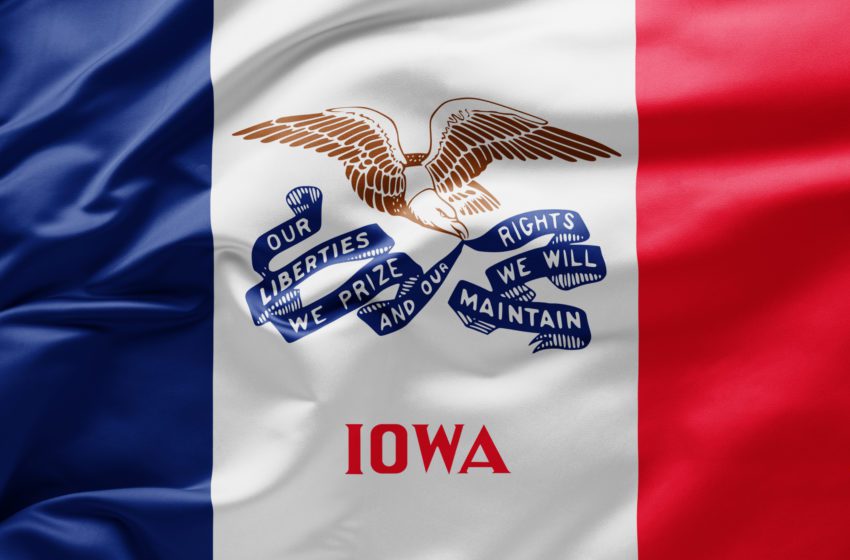A group of e-cigarette and vaping product distributors and retailers is suing the state of Iowa to block enforcement of a new law set to take effect in February.
Alternatives to Smoking & Tobacco Inc., Global Source Distribution, Triton Distribution, Smokin Hot, Central Iowa Vapors WDM and Route 69 Vapor filed the lawsuit last week in U.S District Court for the Southern District of Iowa.
The companies allege that House File 2677, signed into law earlier this year, violates the supremacy clause and equal protection clause of the U.S. Constitution, as well as the equal protection clause of the Iowa Constitution.
State records show House File 2677 was introduced on March 27, 2024, with backing from lobbyists for R.J. Reynolds and other tobacco companies. Lobbyists for the American Cancer Society Action Network declared their opposition to the bill within two days, according to media.
The bill was approved in the Iowa House on April 3, 2024, and in the Iowa Senate on April 19, 2024. Gov. Kim Reynolds signed it into law on May 17, 2024.
The law stipulates that manufacturers whose electronic nicotine delivery systems — more commonly known as electronic cigarettes, e-cigarettes and vaping products — are sold in Iowa must certify that its products “have received a marketing authorization” from the Food and Drug Administration or that its application for authorization was filed by September 2020 and is still under review.
The Iowa Department of Revenue is then tasked with producing a publicly accessible directory listing all the certified vaping products — at which point any retailer selling products not on the registry is subject to fines or other enforcement action.

















